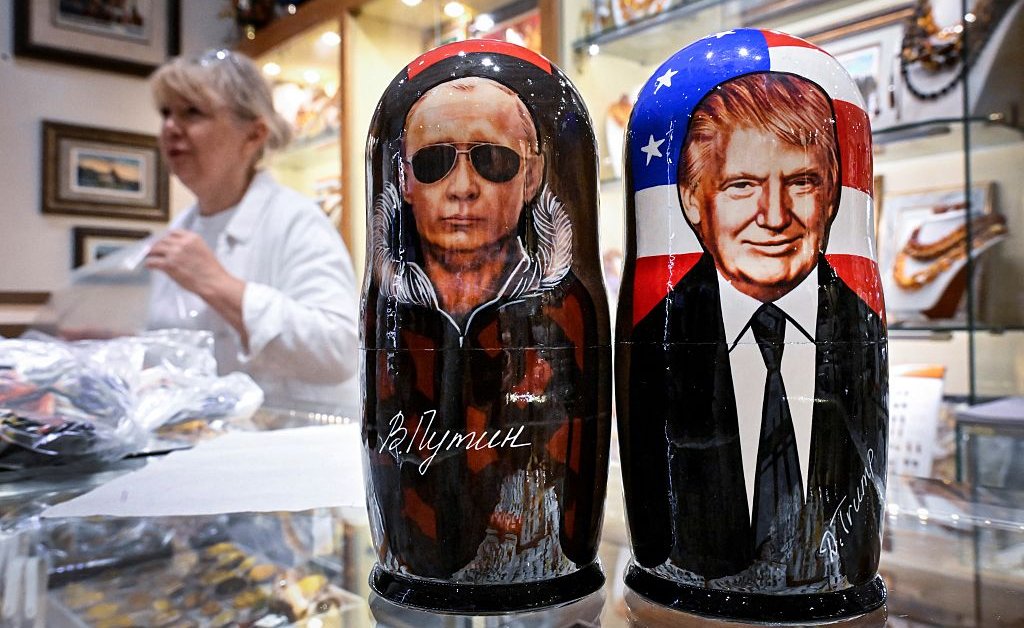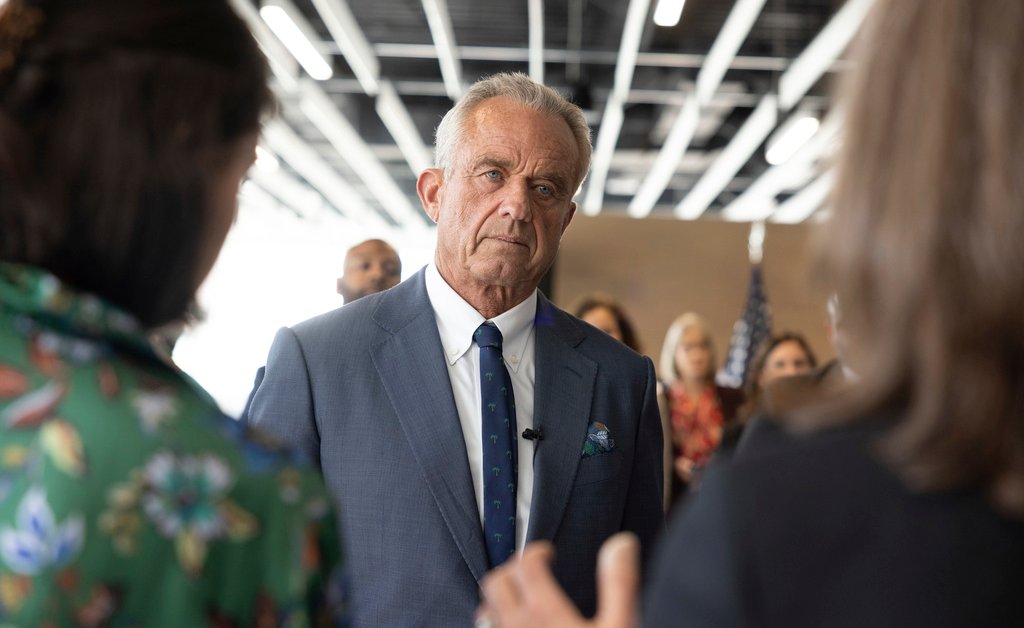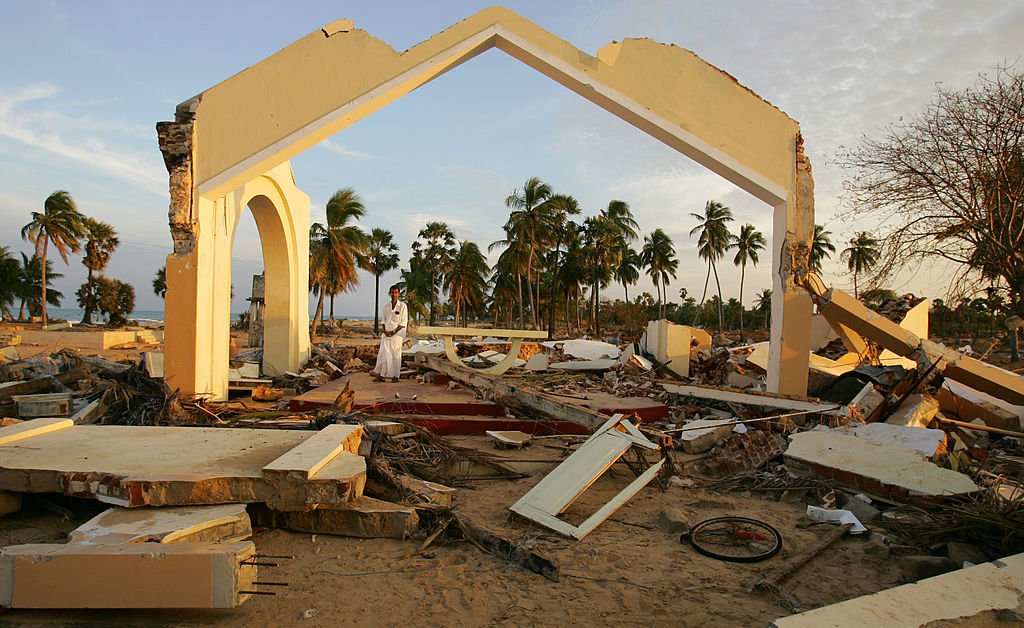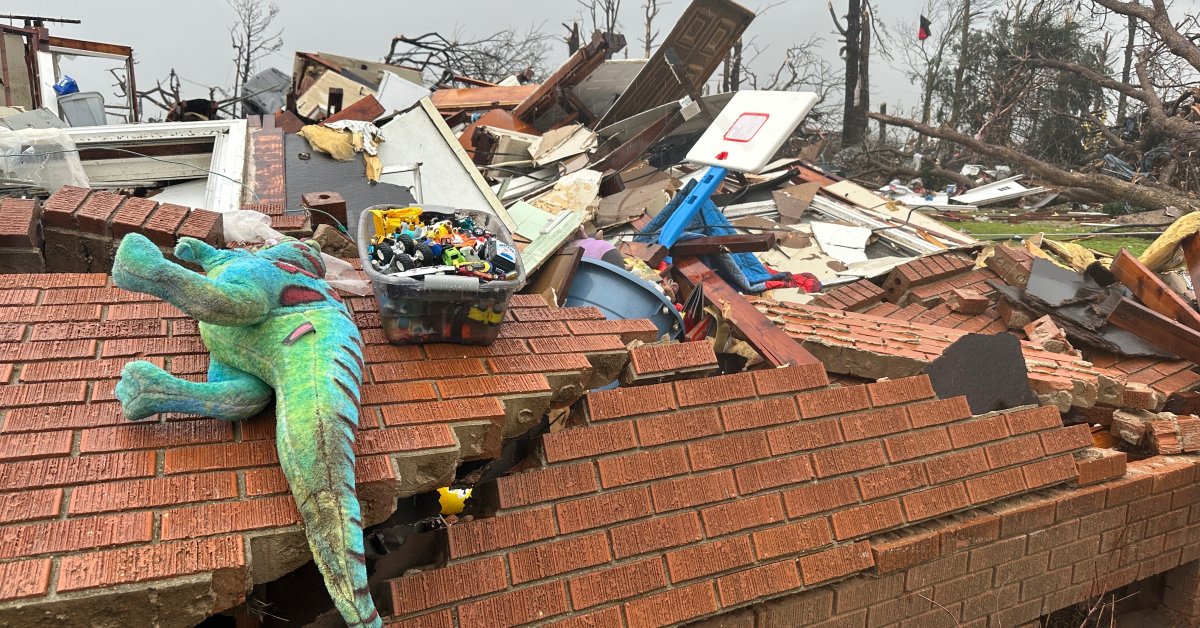It’s symbolic that Alaska has been chosen as the location for Vladimir Putin and Donald Trump’s meeting on Friday to discuss Ukraine giving up occupied territory to Russia in the name of “peace.” In 1867, the U.S. bought Alaska from Russia, then a colony of the Tsar, for a measly $7.2 million (around $150 million today). It’s as if whoever selected the location is suggesting there’s nothing particularly dramatic for lines on maps to be redrawn, that you can swap parts of countries as if they were mere real estate.
But this ignores something vital—people. Russia’s occupation of eastern parts of Ukraine isn’t just a land-grab. Its aim is to wipe out independent Ukrainian identity; to re-define who the local people think and feel they are at the barrel of a gun. It’s a vast project of enforced social engineering that takes us back to the Age of Empire, when colonizers imposed their will on conquered subjects. It’s reminiscent of some of the darkest parts of the 20th century, when totalitarian dictatorships used terror to compel obedience on captured nations. If any “deal” brokered in Alaska ignores the rights of Ukrainians in occupied lands then it will legitimize the return of some of the most evil chapters of our history.
So whatever happens Friday, it’s imperative to never normalize Russia’s occupation. Some of the crimes Russia commits are blatant violations of international law. A U.N. report looked at accounts of civilian detainees in Russian-occupied Ukraine and found that 90% had been “tortured or ill-treated.” Children have been executed. Believers outside the Kremlin-allied Moscow Patriarchate have been arrested, taken prisoner, tortured, and killed. Meanwhile, at least 19,546 children have been taken away from their guardians and families—spirited away to Russia where they are taught to forget Ukraine. This enforced deportation has led to Putin being indicted for war crimes.
Read More: The Hidden War Over Ukraine’s Lost Children
Such crimes are easy to define under international law. We can open criminal proceedings against the perpetrators. But just as insidious are the more subtle forms of coercion that often get overlooked by courts. The way, for instance, Russia threatens to deny basic services like heating to Ukrainians who don’t take up Russian passports. Or how millions of people across Ukraine—and not just in the occupied parts of the country—have been forced to flee their homes because the conditions Russia created made it too frightening to remain. Such displaced people currently have no recourse to justice. This needs to change. They should be allowed to claim reparations.
Or consider the process of indoctrination. Over 1 million children are at school in occupied Ukraine. The Russian curriculum they are forced to follow wipes out the centuries-long struggle for Ukrainian independence. It barely mentions the mass famine of Ukrainians in the 1930s that killed 4 million, and which many historians consider a genocide. Parents who refuse to send their children to pro-Russian schools are threatened with losing their parental rights, witnesses have told The Reckoning Project, the war crimes NGO I helped found. Possession of Ukrainian textbooks can even lead to five year sentences.
While Ukrainian identity is suppressed, a militarized form of Russian imperialism is rigorously promoted in occupied Ukraine. Children are expected to attend military youth groups reminiscent of the Hitler Jugend. Here students learn to shoot, sing patriotic Russian songs, and express “unconditional love” to “our holy Russian land” and “readiness to join the holy fight.”
Ukrainian officials and activists label this process “brainwashing,” even “cultural genocide.” But none of these are crimes under international law. Thus we risk the perpetrators getting away with the ultimate purpose of Russia’s occupation—erasing Ukrainian identity.
In order to ensure Russia doesn’t get away with that, lawyers at The Reckoning Project have made a submission to the U.N. that details how Russia is in breach of the “Covenant on Economic, Social and Cultural Rights” that guarantees parents the right to give children the education they choose. A U.N. submission is a small step in itself, but it helps create the basis for sanctioning officials and demanding damages from Russia. It should be seen as part of a web of justice that includes naming and shaming through media, online advocacy, pressure on private companies and public bodies, reparations, and other tools to ensure the whole system of Russian occupation is not normalized.
All of this can also help show the world it can move on from the age of brutal imperial conquest and totalitarian thought control. Which brings us back to the Alaska Purchase. It is not just a symbol of how easily great powers can negotiate land swaps. It’s a testimony to how colonial powers callously ignore the local population. When Russia occupied Alaska in the 19th century, it made serfs out of the local Indigenous tribes, forced them to hunt for furs, and raked in the profits. Missionaries pushed Native Americans to adopt Russian Orthodoxy. During the sale of Alaska, the rights of the majority Native Americans were ignored over Russian settlers. Following the U.S. takeover, racial segregation laws were erected and a system of devastating boarding schools created to split up Native American families. The analogy to occupied Ukraine is imperfect but in both cases children were barred from speaking their language or following their traditions.
Russia makes no bones about its desire to bring back a new Age of Empire. Its propaganda revels in its desire to subjugate small European countries—and celebrates the idea America could soon join it to carve up the continent. It is encouraging that Trump has shown a greater willingness to criticize Putin and Russia in recent weeks. But the ultimate test will be the message Trump sends from Alaska. It will show which way the U.S. wants history to move.








